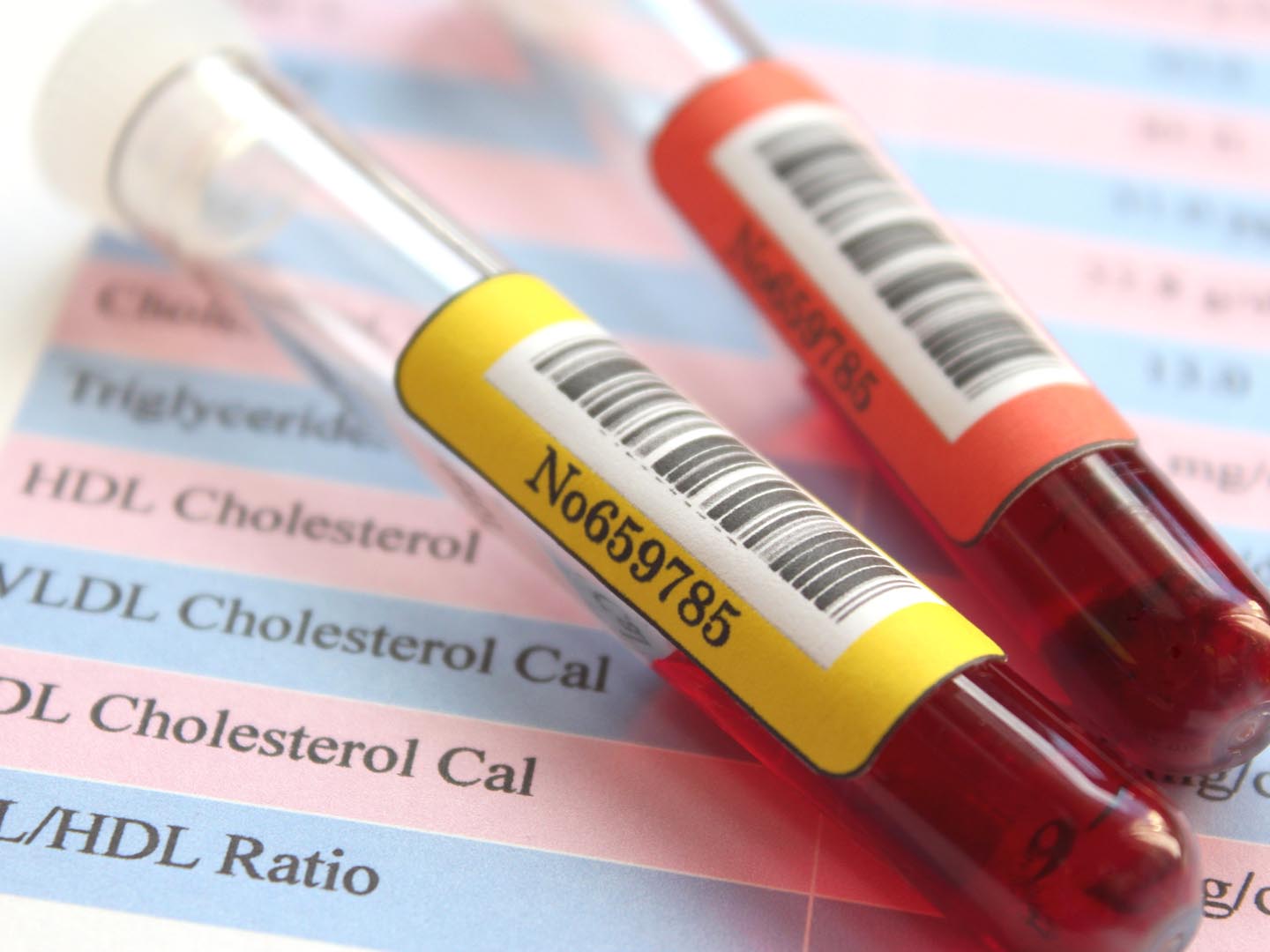Are Triglycerides Always Bad?
If some fats are “good” fats, are all triglycerides “bad” and, if so, why? Shouldn’t there be some “good” triglycerides as well?
Andrew Weil, M.D. | January 9, 2009

Triglycerides are the chemical form in which fat moves through the bloodstream to your body’s tissues. They are derived directly from fats in your diet and are also made in the body from other energy sources such as carbohydrates. When calories you consume are not used immediately, they are converted to triglycerides and stored in fat cells. Hormones then regulate their release to meet energy needs.
Whenever your LDL (“bad”) cholesterol is measured, triglycerides are checked, too. Levels lower than 150 milligrams per deciliter (mg/dL) are considered normal and levels above 200 mg/dL are considered too high.
Although they contribute to the calculation of total cholesterol, triglycerides themselves are neither bad nor good. They’re either too high or they’re not. This is in contrast to cholesterol where high levels of LDL (“bad”) cholesterol suggest an increased risk of heart disease while high levels of HDL (“good”) cholesterol mean a low heart disease risk.
High triglyceride levels can be genetic, and may be related to obesity or untreated diabetes, but dietary influences are strong. Carbohydrates in the diet are the main factor affecting triglyceride levels in the blood, especially quick-digesting (high glycemic load) carbs. In many people, these foods elevate insulin levels, and insulin affects triglyceride synthesis and the storage of fat. High triglyceride levels usually accompany low HDL cholesterol and often accompany tendencies toward high blood pressure and central (abdominal) obesity. These are the markers of metabolic syndrome and insulin resistance, very common disorders underlying obesity and increased risks of heart disease and type 2 diabetes.
In my opinion, the conventional medical recommendation for a low-fat, high carbohydrate diet to lower triglycerides and bring down cholesterol is dead wrong. Instead you want to be on a healthy carbohydrate diet, such as my anti-inflammatory diet. Familiarize yourself with the concept of glycemic load (http://www.mendosa.com/gilists.htm) and choose carbohydrate foods that rank low on that scale.
In addition, to help keep your serum triglyceride levels in the desirable range be sure to get regular exercise; lose weight if you’re overweight; reduce the amount of saturated fats and trans fat in your diet; and cut back on alcohol, avoiding beer especially (even small amounts of alcohol can elevate triglyceride levels). Also, increase your intake of omega-3 fatty acids by eating salmon, sardines, black cod, and herring on a regular basis. Or take a good fish oil supplement, 1-2 grams a day.
Andrew Weil, M.D.









